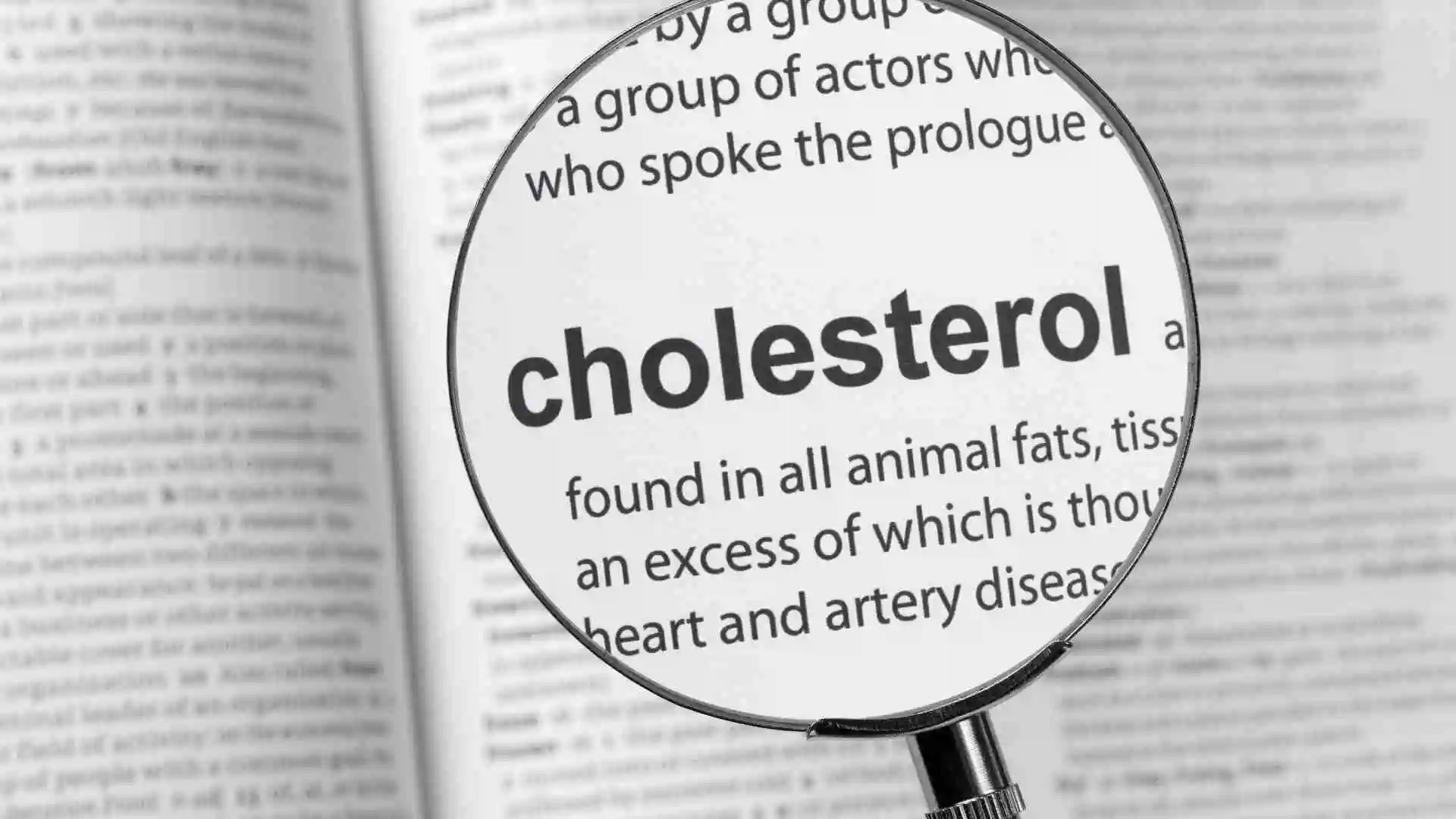Manage Cholesterol Levels: Healthy Diet and Lifestyle Tips

Did you know not all types of cholesterol are bad for you? Yes, cholesterol is beneficial for different bodily functions. However, having high cholesterol levels of a certain type can increase your risks of some serious health conditions.
Cholesterol management has become increasingly important as it is tied to many heart diseases. Heart disease remains a leading cause of death in Ireland and across the globe. In this article, let’s uncover everything you must know about cholesterol to stay healthy.
Understanding Cholesterol
Cholesterol is naturally present in our body cells. It plays an important part in maintaining and building our cell membranes. It helps produce essential hormones and vitamins such as oestrogen and testosterone and vitamin D. Digestion of fat is also dependent on cholesterol levels through bile acid production.
Although found in certain foods, the liver makes most of the body’s cholesterol. Issues only start to surface when the body’s blood cholesterol levels increase.
The absence of symptoms is why high cholesterol is referred to as ‘the silent killer.’ It can lead to the hardening and narrowing of arteries called atherosclerosis.
This increases the chances of heart attacks and strokes. Furthermore, it can also contribute to other conditions like peripheral arterial disease if left unchecked.

Types of Cholesterol
Cholesterol is transported in the blood within lipoproteins:
- LDL Cholesterol: Commonly labeled as “bad” cholesterol. High amounts are associated with plaque development on the artery walls. This increases the risk of coronary heart disease.
- HDL Cholesterol: Also called “good” cholesterol, it aids in the detoxification of LDL fats out of the blood.
- Triglycerides: They serve as an energy source. However, high concentrations are associated with heart disease and other metabolic diseases.
Healthy Cholesterol Levels
The HSE suggests the following cholesterol levels to Irish adults as being healthy:
- Total cholesterol: ≤5 mmol/L
- LDL (bad cholesterol): ≤3 mmol/L
- HDL (good cholesterol): ≥1 mmol/L
- Triglycerides: ≤2 mmol/L
If one has any underlying conditions such as heart disease, diabetes or any genetic disorders, they must target an even lower cholesterol level in Ireland.

Causes of High Cholesterol
Cholesterol can be influenced by a number of factors, especially a person’s lifestyle changes and genetic makeup. It is crucial to comprehend the causes for effective treatment and prevention approach
Unbalanced Diet
Diets rich in saturated and trans fats are likely to raise the levels of LDL cholesterol. They also lower the levels of HDL cholesterol.
Physical Inactivity
Inactivity leads to weight increase. This decreases HDL cholesterol while increasing LDL cholesterol and triglyceride levels.
Cigarette Smoking
Smoking reduces HDL cholesterol and damages blood vessels. This increases the likelihood of arterial cholesterol plaque formation. Hence, cholesterol plaques build up in arteries.
Alcohol consumption
Excessive consumption of alcohol is not healthy. It increases levels of triglycerides. It also contributes to the development of high blood pressure and heart diseases.
Familial Hypercholesterolemia (FH)
FH is a genetic disorder that causes dangerously high LDL cholesterol levels from birth. It affects about 1 in 250 people. FH drastically increases the risk of heart disease at an early age.
Without treatment, several individuals with FH are likely to encounter heart problems before 55 years of age. It is passed down through families, which makes early screening for relatives necessary. While curing it is not possible, FH can be managed through medication and lifestyle shifts.

Test Before It’s Too Late
As there are no high cholesterol symptoms, regular blood tests are crucial. People over the age of forty are advised to get their cholesterol test done every five years. If they fall under the high risk category, they should be tested more frequently.
Cholesterol tracking can only be done through a lipid profile blood test. This analyzes total cholesterol, LDL, HDL, and triglyceride levels within the blood.
Simple Hacks To Manage And Treat cholesterol
Both lifestyle modifications and, if needed, medications are required for managing cholesterol levels.
- Healthy Diet : Prioritize the use of fruits, vegetables, whole-grain foods, and unsaturated oils like those from nuts and olive oil. Stay away from trans fats. You should limit saturated fats from full-fat dairy and red meat.
- Exercise: On most days, try to engage in 30 minutes of activity. You can go hiking and cycling. Check this article to discover the best hikes in Ireland. This helps in increasing HDL and reducing LDL.
- Smoking Cessation: Smoking lowers HDL and raises the risk of developing heart diseases.
- Moderate Alcohol Consumption: Alcohol in excess may raise triglyceride levels.
- Statins or other medications: Medications aimed at lowering cholesterol may be used in some instances to help achieve target levels.
Dietary Tips and Tricks
If you follow the recommendations below, you can easily maintain normal cholesterol levels.
Saturated and Trans Fats Limitations
The consumption of saturated/trans fats in foods such as red meat, butter, and certain snacks should be eliminated. This will help reduce LDL cholesterol and minimize the risk of heart-related problems.
Choose Healthy Fats
Replace unhealthy fats with those derived from olive oil, avocados, nuts, seeds, and oily fish. These healthy diet options will improve HDL cholesterol levels and promote better heart health.
Eat More Fiber
Choose whole grains, fruits, and vegetables for better heart health. Woodfire and Wings is one place that offers grilled food options. This helps in the reduction of cholesterol. It also improves digestion, blood sugar levels, and weight control.

Adopt a Mediterranean Diet
The Mediterranean diet consists of healthy fats, vegetables, fruits, and lean proteins. It is well known to reduce one’s cholesterol levels and blood pressure. This helps maintain heart health in the long run.
Make Consistent But Small Changes To Your Lifestyle
Making simple changes like switching from butter to olive oil and adding more vegetables has a greater, long-lasting impact. Goals should focus on achieving consistency and not perfection to lower high cholesterol risk.
Familial Hypercholesterolemia and other Diseases
Familial Hypercholesterolemia (FH) is a genetic disorder which starts from birth. It causes very high levels of LDL cholesterol. This elevates the likelihood of heart diseases at an earlier age.
Early diagnosis is needed through family history or blood tests. Lifelong treatment with cholesterol lowering drugs is essential. Since FH is hereditary, family screening is important.
Coeliac disease also makes managing cholesterol levels important. The diet may increase the consumption of processed high-fat foods.
However, one must focus on gluten-free whole foods such as vegetables, fruits, legumes, and lean meats. You must limit processed gluten-free foods. Always ensure regular monitoring of cholesterol levels to stay healthy.
Conclusion
Heart disease can be prevented by managing cholesterol levels. Regular blood tests need to be done to monitor overall cholesterol, LDL, HDL, and triglycerides.
Routine exercises combined with a balanced diet help maintain healthy cholesterol levels. This goes a long way in safeguarding your heart. For others, an effective way to manage cholesterol and lower the associated risks might be possible through medication.
FAQS
LATEST NEWS
DISCOVER MORE






